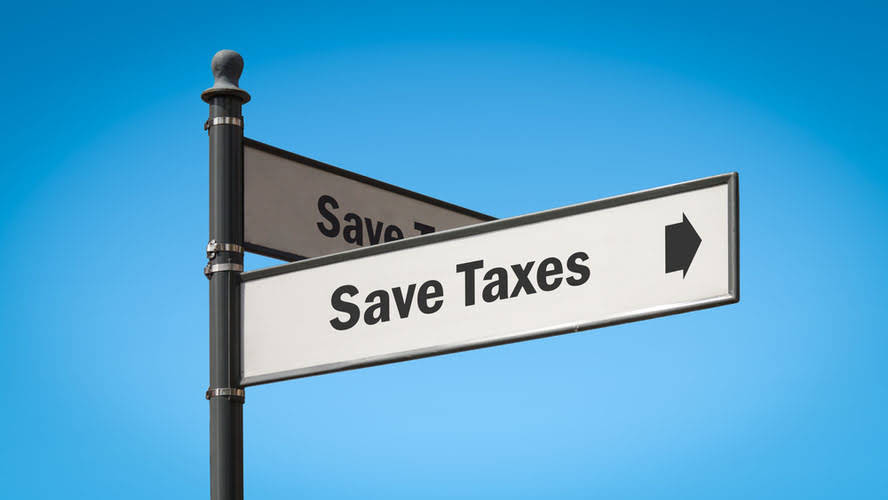
A bookkeeper is the person in charge of entering a business’ financial transactions into bookkeeping software, then categorizing those transactions accordingly. Bookkeepers also have the responsibility of reconciling accounts, verifying receipts, preparing deposits, processing payroll, purchasing, monitoring accounts receivable, paying bills and much more. The bottom line is that bookkeeping provides an organized look at a business’ finances, which makes it easier to answer key accounting questions. Bookkeeping provides the crucial financial data necessary to answer these questions and more. Bench is a bookkeeping service that balances your books on a monthly basis.
There will often be one product manager for each product or service within a company. A product manager focuses on product strategy to create, distribute, sell, and obtain feedback on a specific product or service. Read more to see what exactly does a bookkeeper do if a career in product management may be right for you. A business owner can technically do the accounting steps by themselves, but this may take more time than it is worth, taking attention away from other, higher-level tasks.
Difference Between Bookkeeper and Accountant
Now one bookkeeper can manage the bookkeeping for several businesses in fewer than eight hours a day. In conclusion, bookkeepers play an essential role in both financial reporting and compliance for businesses. They not only maintain accurate financial records and prepare statements but also ensure adherence to tax regulations and timely filings.
You may also want to open a business bank account to ensure you keep your personal and business assets separate for bookkeeping and tax purposes. Plus, look into what exactly you need to keep your LLC active in your state, which may include filing an annual report. The role used to be situated on marketing or engineering teams, but in recent years, tech companies have realized the importance of product management as their team.
What does a bookkeeper do?
Bookkeeping for small businesses and sole proprietorships involves managing the general ledger and maintaining accurate records of the company’s financial transactions. Bookkeepers for small businesses typically record journal entries, perform bank reconciliations, handle payroll, and generate financial statements for the owner to make informed decisions. A bookkeeper is responsible for maintaining and recording financial transactions for a business or organization. Their primary role is to accurately track and categorize financial data, including income, expenses, invoices, and payments.

